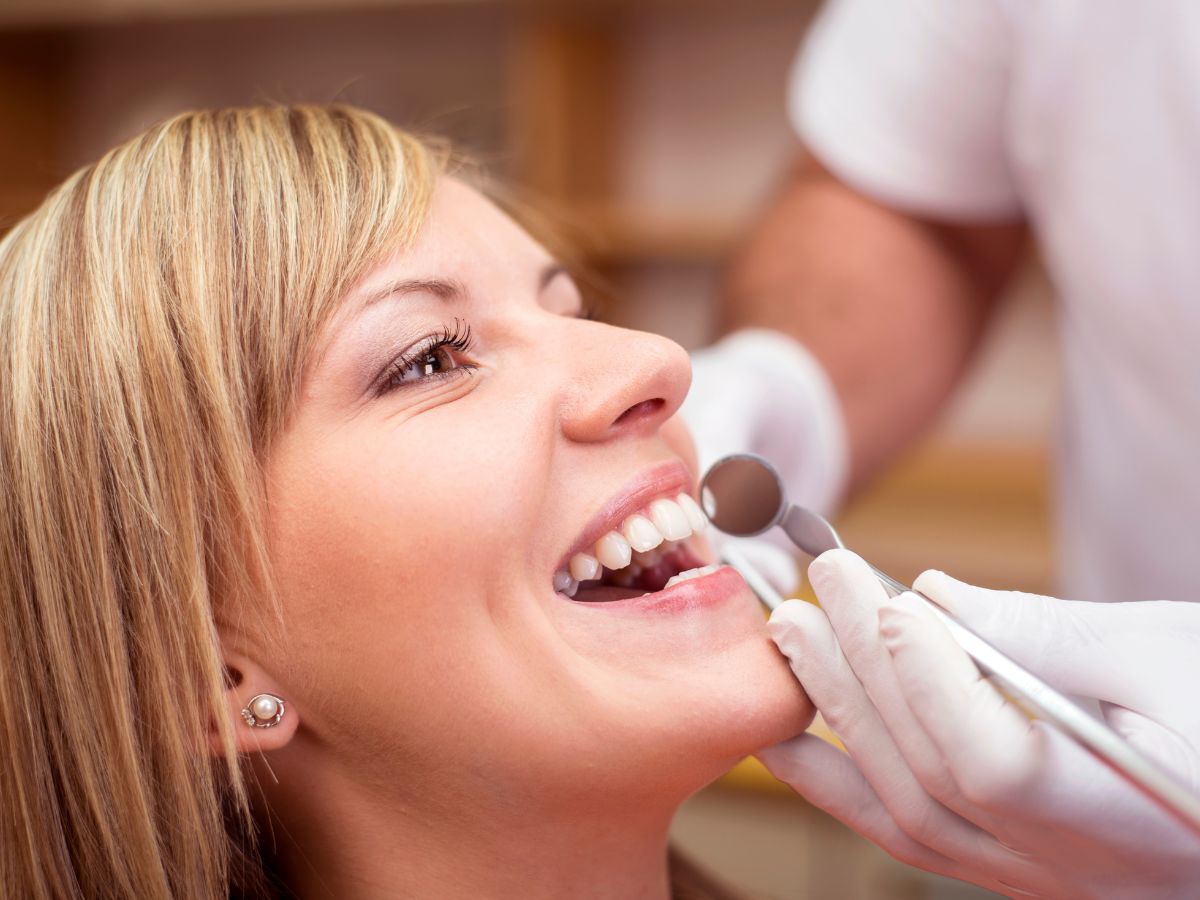Are you beginning orthodontic treatment and wondering whether you’ll have sensitive teeth with braces? Maybe you’re currently experiencing sensitive teeth with braces, and you’re wondering if it’s normal.
Like anything in life, the journey to a beautiful smile requires a slight adjustment period; but before you know it, your adjusted lifestyle will become your new norm.
As your teeth get used to the support of your braces, you may experience some unique sensations, but at no point should you have considerable tooth pain with braces.
Here’s what you need to know about these sensations!
Can braces make your teeth sensitive to cold?
Yes, it’s true that your teeth may become more sensitive when you’re undergoing orthodontic treatment—but it’s temporary. As your teeth are moving into a new position, this can cause them to ‘wiggle’ or feel more sensitive.
Although, this sensitivity should be temporary. If your teeth still feel considerably sensitive after a week, it’s important to consider other causes.
What causes tooth sensitivity?
Just about everyone experiences sensitive teeth at some point, and the majority of us have experienced that sudden shock when biting down on something icy cold.
Remember when you were a kid and ice cold popsicles stood no chance against your chompers? Now the thought of biting into a popsicle with your front teeth probably sends shivers down your spine. That’s because our teeth become more sensitive as we age. This is normal!
However, sensitivity can also result from health conditions, like cavities or gum disease, so it’s important to be able to differentiate between normal sensitivity and sensitivity that indicates a health problem.
If you experience sensitive teeth with braces, here are a few conditions to look out for:
•Over brushing is the most common source of tooth sensitivity. Your gums are sensitive! If you are pressing your toothbrush too hard against your teeth or use a hard-bristled toothbrush, you can brush away your gum line and expose the roots of the teeth. The roots are where sensitivity typically stems from. Brush gently and use small circular motions, instead of aggressive horizontal or vertical motions to prevent damaging your gums.
•Be cautious of the things you drink and eat. While you are wearing braces, you should avoid acidic drinks, especially soda. It’s also important to avoid sticky and crunchy foods; these foods can make it more difficult to clean teeth with braces, which can lead to cavities pretty quickly. Cavities can definitely contribute to sensitive teeth. (After all, cavities are decaying spots on the teeth.) If you do enjoy an acidic beverage, make sure to rinse your mouth out immediately afterward!
•Loss of enamel. Using abrasive toothpaste with excessive brushing can cause a loss of enamel. Acidic drinks will also soften enamel, making it easier to brush away. Use fluoride toothpaste to strengthen your enamel and rinse out your mouth after acidic foods and drinks.
•Teeth whitening products can lead to sensitive teeth with braces. Using teeth whitening products while you have braces is not recommended—for numerous reasons. Not only can these abrasive ingredients wear down your enamel, but they’ll whiten only the exposed surfaces of your teeth. That means when your braces are removed, you’ll likely be left with white spots or discoloration.
My front teeth hurt; are braces the problem?
Braces are designed to move teeth by placing consistent, gentle pressure on them. During the first few weeks, you may notice some minor tenderness or soreness, but healthy teeth and gums will adjust quickly.
When you visit our office for adjustments, the newly applied pressure may still cause some tenderness for a day or so, but you shouldn’t experience any severe pain. If you notice your front teeth hurt after braces or an adjustment, this is normal, but be sure to tell us about anything severe or long-lasting so we can ensure that everything is a-okay!
How to Reduce Tooth Sensitivity with Braces
Maintaining proper oral hygiene is the first line of defense against tooth sensitivity! Neglecting your oral hygiene routine can leave your teeth and gums feeling irritated and unhappy, which contributes to sensitivity.
Brush and floss your teeth twice a day to prevent bacteria from building up, plaque from hardening on your teeth and debris from getting stuck between teeth. Use a fluoride toothpaste day and night to strengthen your enamel and support your teeth in the battle against sensitivity. Our office will even provide you with your first tube of special fluoride-releasing toothpaste when you get your braces on!
Dr. Insoft and Dr. Hurst have helped thousands of patients to achieve a beautiful, healthy smile. As two of the most experienced providers in the area, there aren’t many situations they haven’t encountered! We are always here to give you tips and advice to support you through your treatment process.
Most teeth sensitivity issues are not a direct result of your braces. If you experience any pain or teeth sensitivity issues for more than a few days, please come in and see us.
Still have questions about sensitive teeth and braces?
Please don’t hesitate to reach out to us with any questions! We love to hear from you. We’re here to guide you through your treatment process, from your very first visit, to your last appointment.
If you’re looking for a top orthodontist in St. Petersburg or Seminole, we’d love to meet you! Request a complimentary exam for you or your child today.





